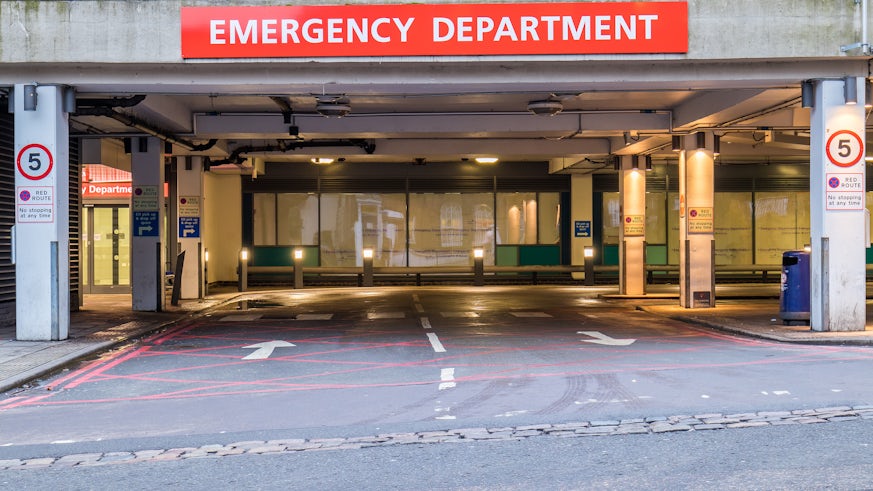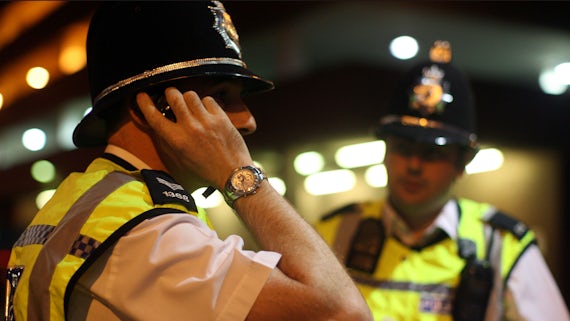Alcohol acts as igniter of hate crimes
2 January 2018

Prejudice is often only expressed when people are intoxicated, suggests a study by Cardiff University.
After interviewing accident and emergency attendees with injuries resulting from violence, researchers found that 18.5% of them considered themselves to have been attacked by people motivated by prejudice. Alcohol intoxication was reported as being particularly relevant and accounted for 90% of the targeted attacks.
Whereas the primary motivation was identified as hate, expression of this hate only occurred under intoxication.
Professor Jonathan Shepherd, Director of the Cardiff University Crime and Security Research Institute, said: “A striking aspect of the study was the discovery that most attacks weren’t fuelled by hate alone; alcohol appeared to act as an igniter...”

“Our findings suggest that tackling alcohol abuse is not only important in regards to the health of individuals but also to the health of our society. Additionally, we have learned that emergency room violence surveys can act as a community tension sensor and early warning system.”
The survey was carried out across three UK cities: Cardiff, Blackburn and Leicester. These cities were chosen as all three are home to multicultural, multi-ethnic and multi-religious populations.
Of the 23 people who claimed the attack on them was motivated by prejudice, seven cited their appearance as the perceived motive, five cited racial tensions within the communities they lived, three mentioned their place of residence and eight cases were attributed to race, religion or sexual orientation of the victims. All 23 attacks took place away from the victims' homes.
Limiting alcohol consumption was viewed by many of those injured in targeted and hate violence as a good strategy to reduce the risk of attacks.
The research paper ‘Injury resulting from targeted violence: An emergency department perspective’ is published in Criminal Behaviour and Mental Health.
The team interviewed 124 patients for the study.
Share this story
We are reducing violence through research, new use of data and original collaborations between medicine and criminal justice.



